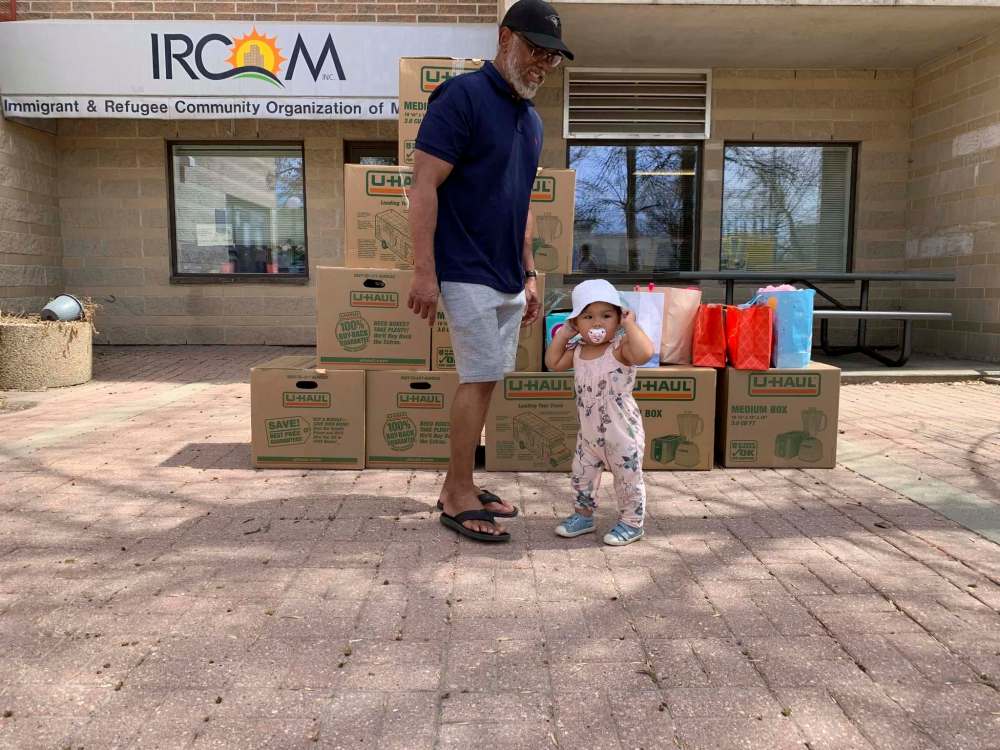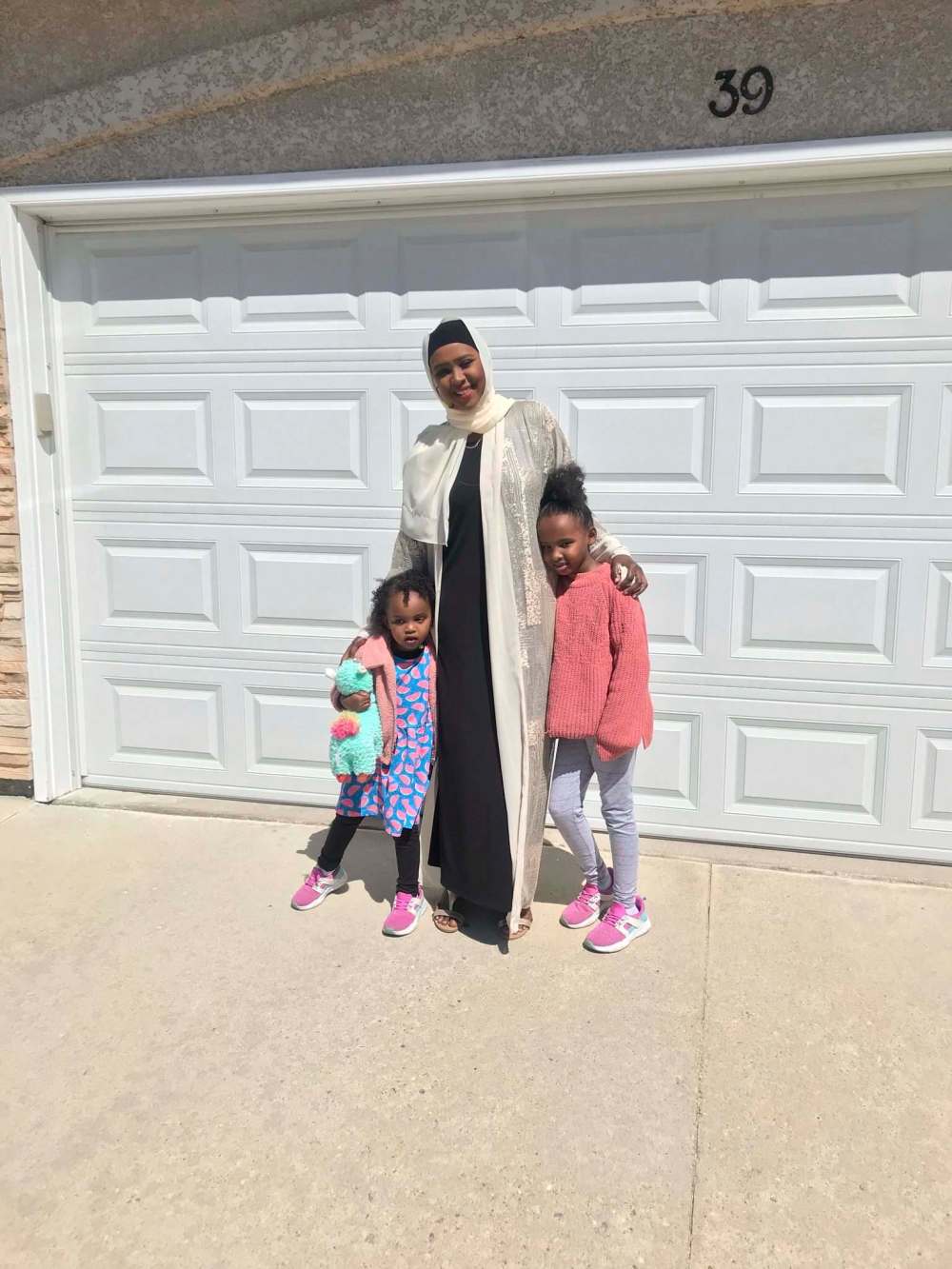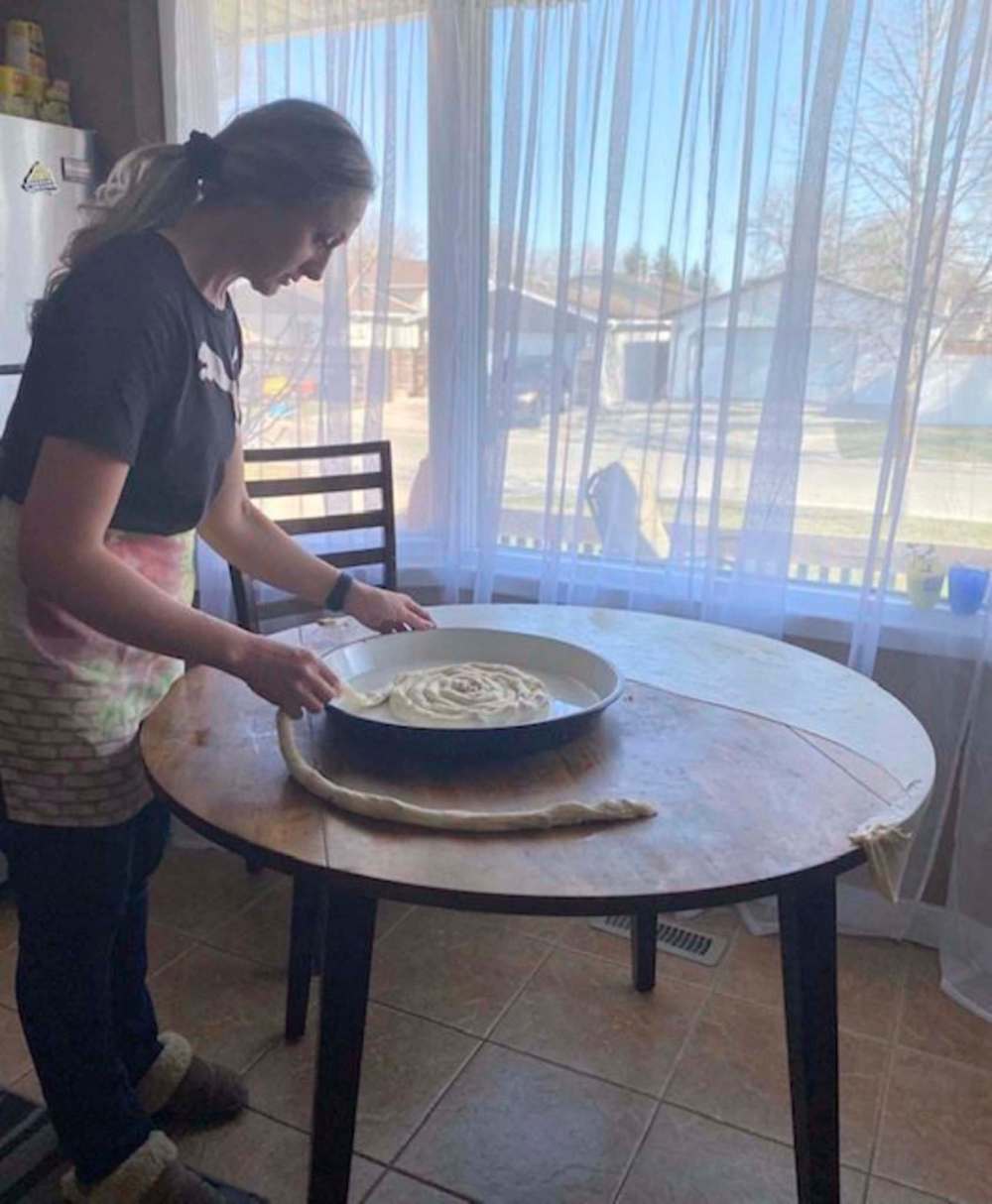Muslim Canadians’ Eid celebrations reflect diversity
Advertisement
Read this article for free:
or
Already have an account? Log in here »
To continue reading, please subscribe:
Monthly Digital Subscription
$0 for the first 4 weeks*
- Enjoy unlimited reading on winnipegfreepress.com
- Read the E-Edition, our digital replica newspaper
- Access News Break, our award-winning app
- Play interactive puzzles
*No charge for 4 weeks then price increases to the regular rate of $19.00 plus GST every four weeks. Offer available to new and qualified returning subscribers only. Cancel any time.
Monthly Digital Subscription
$4.75/week*
- Enjoy unlimited reading on winnipegfreepress.com
- Read the E-Edition, our digital replica newspaper
- Access News Break, our award-winning app
- Play interactive puzzles
*Billed as $19 plus GST every four weeks. Cancel any time.
To continue reading, please subscribe:
Add Free Press access to your Brandon Sun subscription for only an additional
$1 for the first 4 weeks*
*Your next subscription payment will increase by $1.00 and you will be charged $16.99 plus GST for four weeks. After four weeks, your payment will increase to $23.99 plus GST every four weeks.
Read unlimited articles for free today:
or
Already have an account? Log in here »
Hey there, time traveller!
This article was published 14/05/2021 (1673 days ago), so information in it may no longer be current.
My earliest Eid memory is of my grandma cooking fresh, hot Sirnee — a soft, sweet, spiced, cooked dough made of flour and butter. That divine smell alone would make anyone excited to celebrate Eid.
Eid-al-Fitr (also called the “Festival of Breaking Fast” or just Eid) marks the end of Ramadan, the holy month in which Muslims fast daily from dawn until sundown. It is an opportunity to foster gratitude, discipline and deepen our connection with God, so we can live from a place of higher consciousness. Not for a single month, but for our entire lives.
Coming from a Guyanese family, I grew up with Hindu and Muslim family members. It wasn’t until my paternal grandparents immigrated to Winnipeg we started to celebrate Eid. After Ramadan, we would gather at their house to feast and enjoy West Indian sweets. We also spent more time in the community donating food hampers and strengthening our faith through acts of charity.

As Eid quickly approaches this week, most Muslims celebrate in the same religious sense, but cultural traditions differ from one country to another. A common assumption is being of Muslim faith is synonymous with Middle Eastern countries, but my Muslim friends and I represent the diversity in Islam.
Inclusivity in Muslim Canadian communities is important, as there are many faces of Islam that are underrepresented.
Here are three who eagerly shared their cultural traditions when celebrating Eid:
Amal Shire, 31
“I remember waking up early to get ready for Eid prayers. I would hear, ‘We are leaving you!’ from my parents, because I was usually the last one to get up.
“I was born in Somalia, and grew up in Ethiopia, Kenya, Sudan, Pakistan, Switzerland and arrived in Canada in 1997.
“No matter what country we lived in, we always celebrated Eid with pineapple upside-down cake and Somali halwa (dessert). The excitement during the last night of Ramadan to get everything prepared for Eid was felt throughout our community. I miss being around that energy.
“I’m grateful to be living with my family during the pandemic lockdown, so we can still celebrate together. We plan on doing Eid prayers virtually, calling family, and having a barbecue.”

Medina Puskar, 38
“I was born in Banja Luka, Bosnia. We fled to Croatia because of the war, and spent six months in a refugee camp before arriving in Canada in 1996.
“Growing up, I loved waking up early on Eid to help my mom prepare. The women in my family cooked incredible meals. My family would gather at my grandparents’ house, because it was important to visit the oldest living person in the family first.
“In Winnipeg, my husband, my kids and I would normally attend Eid prayers, open gifts and have a lamb roast. We also enjoy traditional foods such as burek (meat pie), stuffed bell peppers and baklava.
“It is tradition to serve baklava and coffee when you have visitors at your home during Eid.
“We usually have so many visitors dropping in, but with the lockdown, my friends and I had to think of something new so we started a dessert exchange during Ramadan. Every other night, one of us bakes and drops off the dessert outside of each other’s house, so we still feel like we are celebrating together.”
Menal Al-Fekih, 29
“My family is from Ethiopia and Yemen, and I grew up in Ethiopia. I arrived in Canada in 2011, when I was 18 years old.
“In Ethiopia, after Eid prayers, we would always have sabaya (Yemeni dish) for breakfast on Eid. After breakfast, my siblings and I would visit more than 10 homes with our father. We would fit all of these visits into about four hours, so that we could make it home for lunch with our mother who stayed behind to host the families visiting our home.

“Our lunch consisted of both Ethiopian and Yemeni dishes. We would have injera with doro wot and tibs (Ethiopian dishes) and kabsa (Arab rice and meat dish).
“In Yemen, everyone in my family would meet at my grandmother’s house for the first half of the day, then us children would go to an amusement park for the second half of the day. The best part of celebrating Eid in Yemen was hearing ‘Eid Mubarak’ (blessed feast/festival) from everyone I came across while out and about.
“This year will be difficult, because we will not be able to attend usual Eid prayers at the RBC Convention Centre — the one thing that really makes Eid feel like Eid in Canada. Fortunately, my siblings and I will still be able to have a meal together to celebrate the end of Ramadan.”
faith@freepress.mb.ca
The Free Press is committed to covering faith in Manitoba. If you appreciate that coverage, help us do more! Your contribution of $10, $25 or more will allow us to deepen our reporting about faith in the province. Thanks! BECOME A FAITH JOURNALISM SUPPORTER
The Free Press acknowledges the financial support it receives from members of the city’s faith community, which makes our coverage of religion possible.

